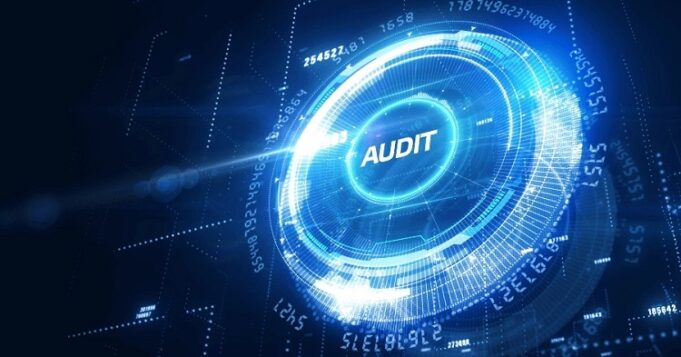Nowadays, blockchain is involved in many commercial operations, prompting businesses and individuals to understand how audits of transactions produce such results. A CPA in Bethpage, NY, must also help address the challenges of blockchain audits and make sure that all blockchain transactions are scrutinized. Due to the advantages of the blockchain system in performing efficient financial operations, auditors relate to this technology as useful but challenging. These challenges are so unique that it calls for the auditors to have specific knowledge of both the blockchain and the auditing standards that they use when evaluating and approving the transactions of the blockchain.
Table of Contents
Does the utilization of smart contracts have an impact on the audit process?
Automated contracts, which are contracts with their clauses coded in code, are challenging to evaluate to an accurate level as opposed to traditional contracts. Moreover, they do not require third parties or intervention to trigger and implement the stipulated directives, once such conditions have been fulfilled, the contracts perform such actions on their own.
But for auditors out there, it is very important to have a cracker of a clue of the logic employed in these contracts. The issue here is to go through the code again in order to check its correctness, protection, and compliance with the terms that have been preliminarily negotiated. Smart contracts must work as designed; auditors must check for programming mistakes that can create problems. This makes the audit process even more technical and demands a good understanding of at least coding and smart contract frameworks.
What are the difficulties of validating the integrity of processed data through blockchain?
In some instances, auditors are still required to try to confirm that a certain block of information was obtained through the right channel to prevent altered results since blockchain enables decentralization of data. Because every block is connected with the previous one cryptographically, altering the records of the transaction is somewhat hard, but not completely unfeasible. The procedure of auditing means checking the data inside the block and making sure that it has not been changed. However, due to the immutability feature, the process is more reliable and different from traditional databases.
Why is the Protection of Private Keys Important during Blockchain Audits?
This is because private keys are crucial in blockchain environments, their function being to give cryptographic evidence of ownership and control of assets or information. The absolute protection of private keys is of great concern in the auditing process. When it comes to private keys, auditors need to ensure that they are secure from theft, loss, or any form of unauthorized access. This includes examining how keys are stored and handled, whether from hardware wallets, amongst others. The major threats arising from the weakness achieved through private key management are that the transactions may be given to the wrong people and fraud may be made on the system.
What impacts does blockchain have on audit processes, most specifically the decentralization concept of blockchain?
Decentralization is however the strength and weakness of blockchain as much as it is an opportunity for auditors. In traditional financial systems, there is always an identification of a central control of records and transactions making the audit easier. However, in the case of blockchain, there is no authoritative source, so auditors need to consider numerous distributed databases.
This decentralization is due to the fact that auditors cannot sit blindly while the consensus mechanisms used to validate transactions are being implemented and all the nodes within the network are running. They also have to evaluate the general layout of the blockchain to ensure it operates correctly as designed without any form of interference or glitches.
Conclusion
Blockchain-based transactions are especially difficult to audit when compared to conventional auditing processes. Some of the major considerations that are useful in defining the precision of blockchain transactions include transparency, smart contracts, data integrity, regulatory compliance, key security, and decentralization.
Despite the improvements in the characteristics of blockchain and the ability to provide higher levels of security and transparency, auditors need to be cautious and flexible when it comes to the technological aspects of blockchain solutions. However, auditors are able to successfully handle these complications so as to check blockchain transactions for authorization and compliance with pertinent regulations.




